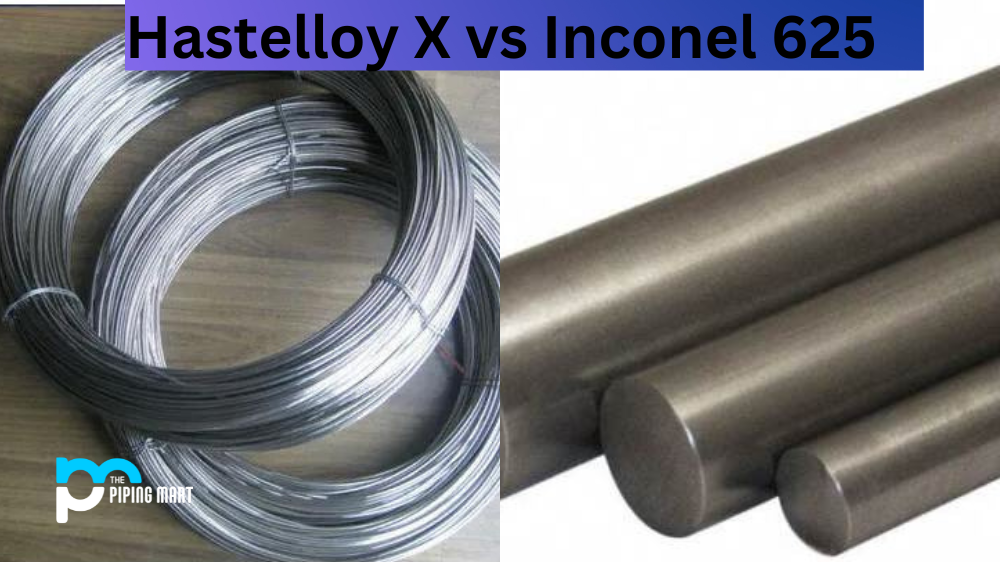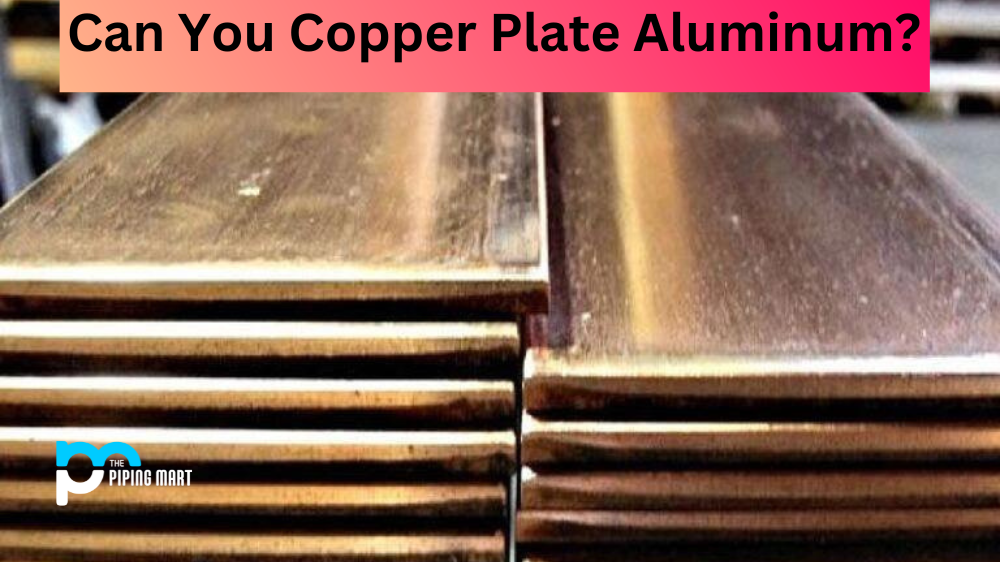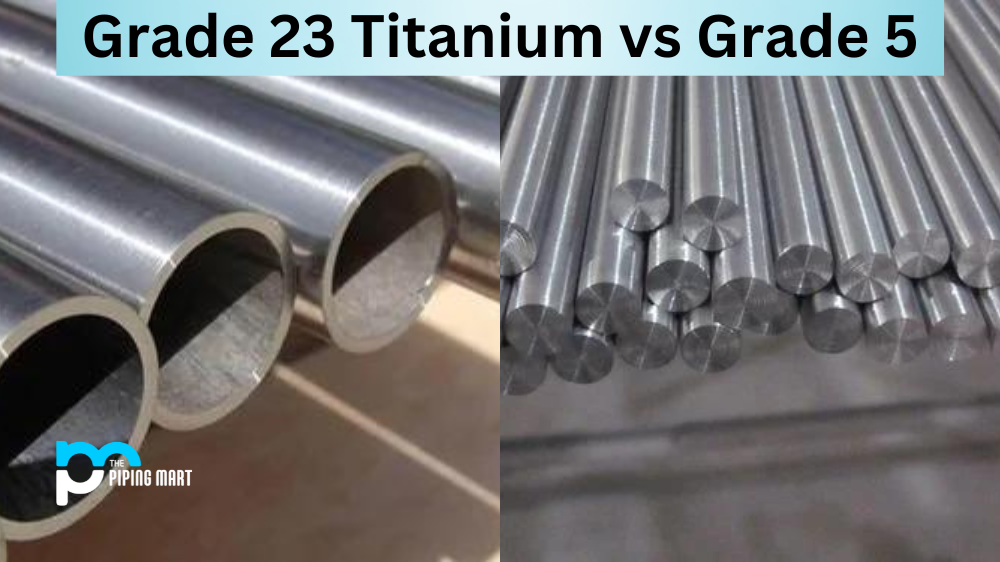Many metals are out there, each with its unique properties. One metal that has become increasingly popular in recent years is tungsten. It’s strong, durable, and resistant to corrosion, but how well does it conduct heat? Let’s take a closer look at this amazing metal and see its heat-conducting properties.
How Does Tungsten Conduct Heat?
Tungsten is an excellent conductor of heat, meaning it transfers thermal energy quickly and efficiently. It has a very high melting point—in excess of 3,400°C (6,152°F) —making it one of the most heat-resistant metals. The heat conductivity of tungsten is also quite good; it can quickly transfer thermal energy from one area to another. That makes tungsten ideal for use in applications where heat needs to be moved quickly and efficiently from one place to another. For example, tungsten is often used in soldering irons or other tools that require fast heating up or cooling down times.
What Other Properties Does Tungsten Have?
In addition to its impressive heat-conducting abilities, tungsten also has some other great properties as well. It’s extremely strong and resistant to physical wear and tear and corrosion. It’s also highly malleable, meaning it can be worked into almost any shape you need without losing its strength or integrity. Its low expansion rate also makes it suitable for precision instruments like watches or clocks that require extreme accuracy over time.
Conclusion:
Tungsten is an incredibly versatile metal that offers many benefits for those looking for a durable yet lightweight material for their projects. Its impressive heat-conducting properties make it especially suitable for applications where high temperatures are involved or where quick heating up/cooling down times are required. With its strength, resistance to corrosion, and malleability, there’s no doubt that tungsten will continue to be an essential component in many industries for years to come!

Meet Bhavesh, a seasoned blogger with a wealth of knowledge and experience. From metal products manufacturing to retail, Bhavesh has a diverse background in various industries and is dedicated to sharing his insights and expertise with readers.




